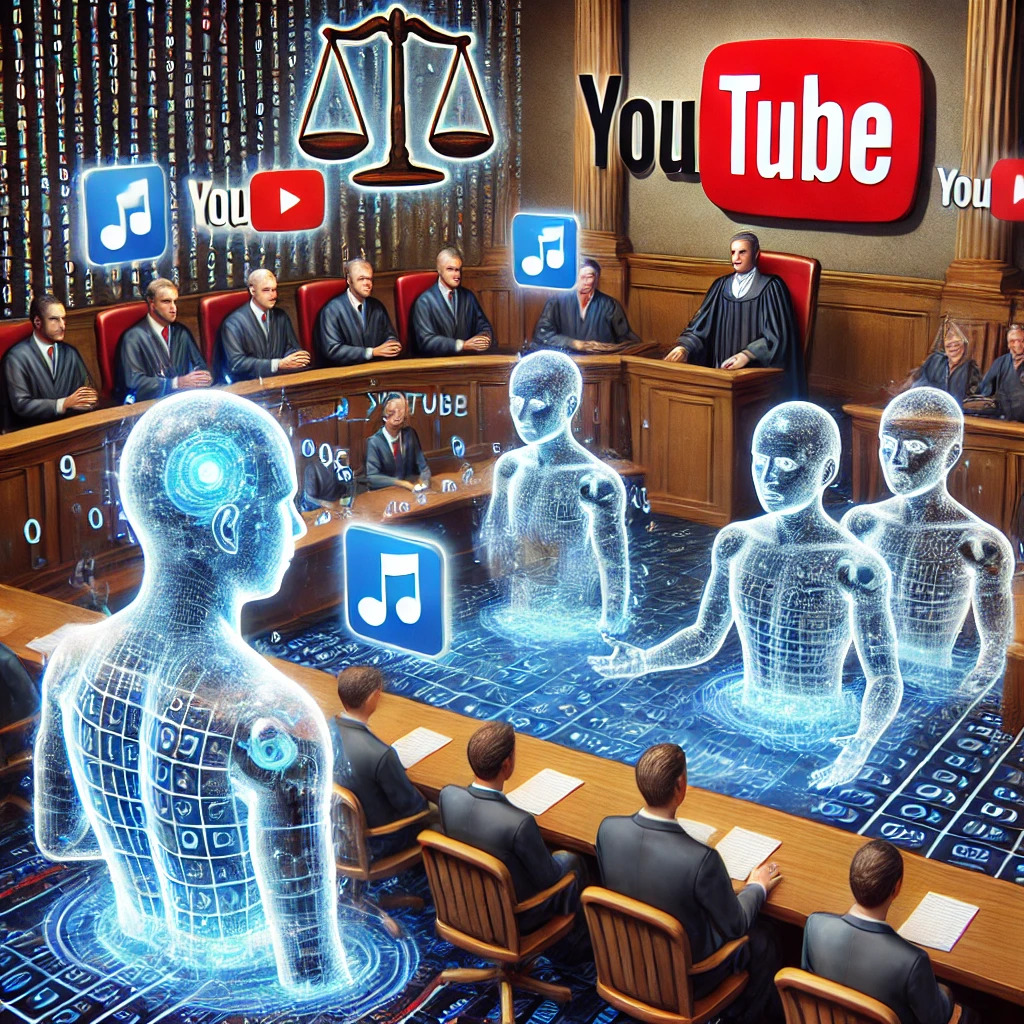The advancements in artificial intelligence (AI) have brought about revolutionary changes across various sectors. However, the methods employed by tech giants such as OpenAI and Google to train their AI models have raised significant ethical and legal concerns. This article delves into the controversial practices of using YouTube data for AI training, highlighting the implications for creators, the industry, and the future of AI development.
The Allegations of Unauthorized Data Scraping
OpenAI’s Controversial Data Usage
Recent revelations indicate that OpenAI may have transcribed over a million hours of YouTube videos using its Whisper technology to train its GPT-4 AI model. This practice, if true, could represent a significant violation of YouTube’s terms of service, which explicitly prohibit the downloading of transcripts or video bits without permission. The CTO of OpenAI has not confirmed or denied these allegations, leaving the matter shrouded in ambiguity.
Google’s Own Practices
Interestingly, Google, which owns YouTube, has also been implicated in similar practices. According to reports, Google utilized YouTube data for training its AI models, potentially infringing on the copyrights of content creators. Despite this, Google has not pursued any legal action against OpenAI, possibly due to its own involvement in similar activities. This situation raises questions about the consistency and enforcement of copyright laws within the tech industry.
Legal and Ethical Implications
Copyright Violations
The use of YouTube data by OpenAI and Google without explicit permission from content creators poses serious legal challenges. Copyright laws are designed to protect the intellectual property of creators, and unauthorized data scraping undermines these protections. The ongoing legal battles, such as the lawsuit filed by The New York Times against OpenAI and Microsoft, underscore the growing tension between tech companies and content creators over data usage rights.
The Necessity for Data in AI Development
AI models require vast amounts of data to function effectively. As highlighted by OpenAI CEO Sam Altman, the scarcity of accessible data is a looming challenge for AI development. This pressure to obtain sufficient data may drive tech companies to adopt questionable practices, such as unauthorized data scraping. The ethical implications of these actions must be carefully considered, as they have the potential to erode public trust and hinder the progress of AI technology.
Industry Reactions and Future Directions
The Role of Regulatory Frameworks
The controversy surrounding the use of YouTube data for AI training underscores the need for robust regulatory frameworks. Governments and regulatory bodies must establish clear guidelines to ensure that data usage respects intellectual property rights and ethical standards. Such regulations would provide a level playing field for all stakeholders and promote responsible AI development.
Transparency and Accountability
Tech companies must prioritize transparency and accountability in their data usage practices. OpenAI, Google, and other industry leaders should engage with content creators and other stakeholders to establish mutually beneficial agreements. By fostering an environment of collaboration and trust, the industry can navigate the ethical challenges associated with AI development more effectively.
What Me Worry?
The use of YouTube data by OpenAI and Google for AI training highlights the complex interplay between technological advancement, legal frameworks, and ethical considerations. As AI continues to evolve, it is imperative that the industry adopts responsible practices that respect the rights of content creators and adhere to established legal and ethical standards. By addressing these challenges head-on, we can ensure the sustainable and equitable growth of AI technology.
This detailed exploration of the ethical and legal implications of using YouTube data for AI training aims to provide a comprehensive understanding of the issues at hand. By addressing these challenges, we can pave the way for a more ethical and sustainable future for AI technology.



Leave a Reply
You must be logged in to post a comment.